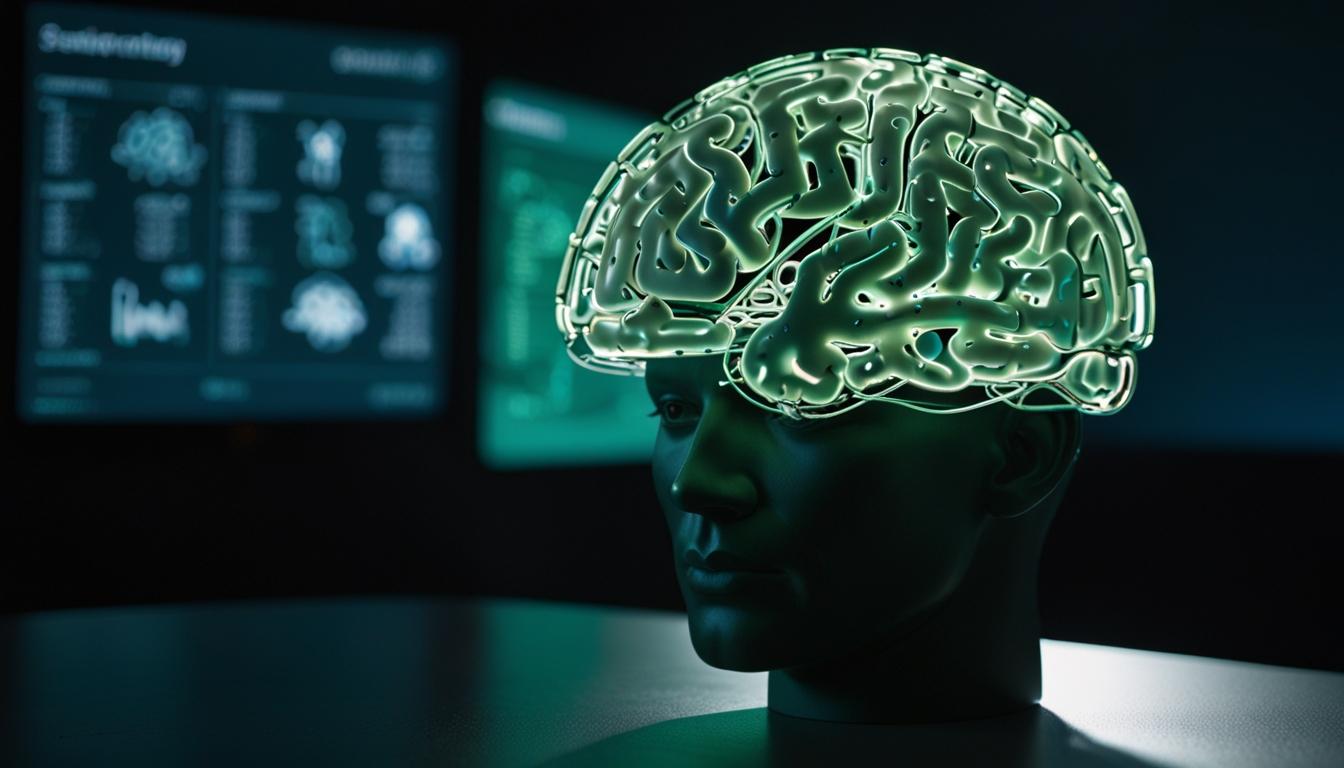A recent study commissioned by HP has revealed that 76% of business and government leaders believe artificial intelligence (AI) will be crucial in achieving their sustainability goals.
The research involved over 1,000 business leaders from ten different countries. These leaders also view technology as essential for integrating traditionally excluded populations into the economy.
According to the survey, over 80% of leaders plan to use AI to enhance access to digital education (90%), workforce development (89%), and workforce diversity (86%). Nancy Powell, HP’s UK&I Sustainability Lead, stressed the importance of offering digital tools and skills to underserved communities, emphasizing that these resources can help individuals succeed in the digital economy.
However, HP pointed out that the lack of worker readiness and a global skills shortage could impede businesses from making expected progress toward their Environmental, Social, and Governance (ESG) objectives. To note, US Energy Secretary Jennifer Granholm has also acknowledged AI’s potential to improve technological efficiency.
Despite AI’s potential, concerns have been raised about the energy consumption and resource usage of data centers running AI servers. Major tech companies have pledged to expand their green energy initiatives through solar and wind farms to address these concerns, although more efforts are necessary.
This discussion highlights artificial intelligence’s dual capacity to drive significant advancements while also presenting challenges that it might help alleviate.




